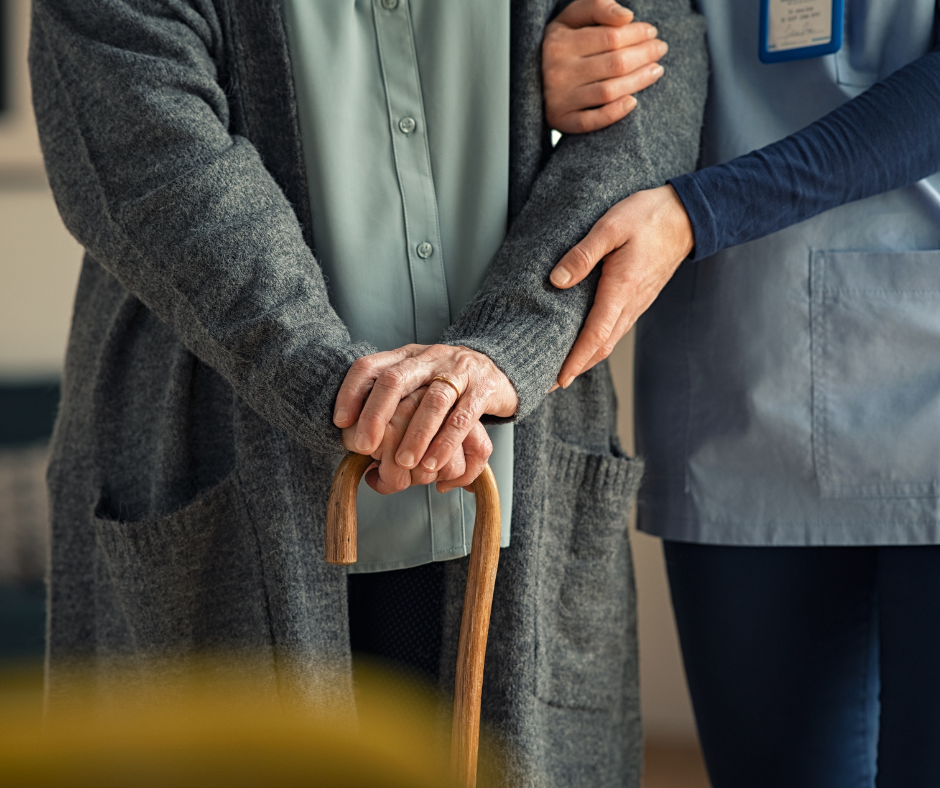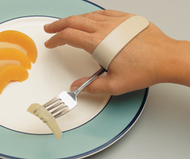August 18, 2025
Adaptive Equipment for Neurological Conditions: Supporting Independence at Home
Living with neurological conditions such as multiple sclerosis (MS), Parkinson’s disease, or recovering from a stroke can present daily challenges, especially when it comes to mobility, personal care, and basic tasks. Fortunately, adaptive equipment tailored for these conditions can significantly enhance independence, safety, and quality of life at home.
Adaptive Utensils for Easier Eating
Neurological disorders can affect hand strength, coordination, and tremor control, making eating independently difficult. Adaptive utensils can help:
- Weighted utensils reduce hand tremors, especially helpful for Parkinson’s.
- Built-up handles make it easier to grip for those with limited dexterity.
- Angled utensils assist with self-feeding for individuals with a limited range of motion.

Bathroom Safety and Personal Hygiene
The bathroom can be one of the most dangerous areas in the home. Adaptive equipment provides much-needed support:
- Raised toilet seats and bedside commodes make toileting easier and safer.
- Shower chairs and grab bars offer stability and reduce fall risk during bathing.
- Long-handled sponges and no-rinse wipes promote hygiene while reducing strain.

Mobility and Stabilizing Devices
Maintaining mobility is key to preserving independence. Various aids support movement and balance:
- Canes and walkers with seats provide stability and allow rest when needed.
- Wheelchairs with custom seating help prevent pressure injuries and improve posture.
- Lifters and bed rails assist with getting in and out of bed safely.

Dressing and Daily Living Aids
Simple tasks like dressing can become difficult after a stroke or with MS. The right tools can empower users to care for themselves:
- Button hooks and zipper pulls simplify dressing.
- Reachers and sock aids reduce bending and stretching.
- Velcro closures on clothing or shoes eliminate the need for fine motor skills.
Choosing the Right Equipment
Always consult with an occupational therapist or healthcare provider when selecting adaptive equipment. What works for one individual might not be suitable for another, depending on the stage of the condition and personal needs.
Adaptive equipment plays a crucial role in supporting independence and dignity for individuals with MS, Parkinson’s disease, and those recovering from stroke. From eating to mobility and personal care, the right tools help overcome physical limitations and promote a safer, more accessible home environment.
Find the right equipment to make life easier — Start Shopping Here.

